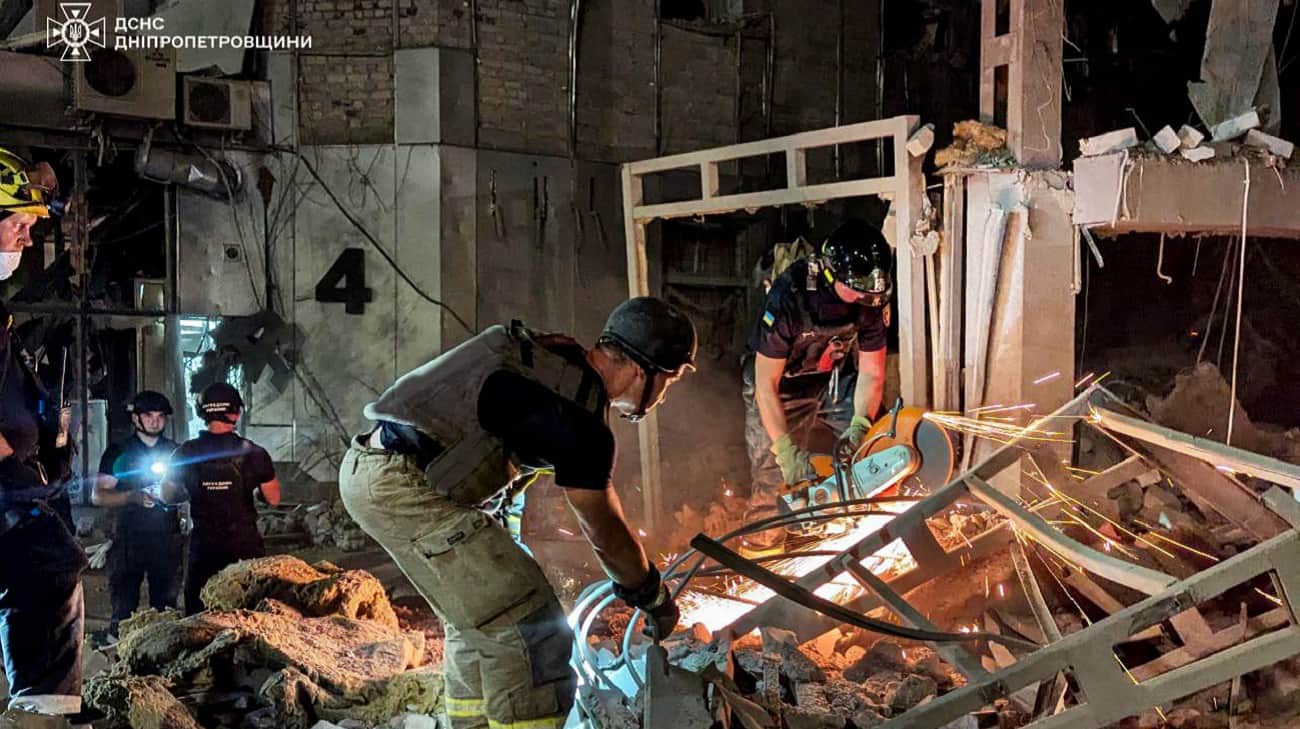AP PHOTOS: Young and old participate in Holy Week religious processions on Italy’s Procida island
PROCIDA, Italy (AP) — Italy is known for the religious processions that take over towns big and small throughout the year when Catholic feast days are celebrated. But even in a country where public displays of popular piety are a centuries-old tradition, Procida’s Holy Week commemorations stand out.The picturesque island in the Bay of Naples, often overlooked thanks to its more famous neighbors Ischia and Capri, hums with religious fervor in the days before Easter. Islanders young and old take part in processions reenacting Holy Thursday, when Christ presided over the Last Supper with his apostles, and commemorating his Good Friday crucifixion.This year’s events began Thursday evening, when boys and men dressed all in white and wearing crowns of thorns reenacted the Last Supper in the Sant’Antonio Abate church, blessing loaves of bread that were then distributed to islanders. The commemorations culminated with a dawn procession Friday along the seaside road and through Procida’s narrow, pastel-hued streets.Preparations for the events actually began weeks ago, with the construction of three dozen Carnival-like floats that are paraded through town, each one depicting a biblical scene. They are built from scratch by island artisans in the old unused prison and then assembled overnight in the prison courtyard. Accompanied by a haunting funeral dirge performed by local musicians, the final floats of the procession include a statue of the Madonna known as the Addolorata, and an 18th-century wooden crucified Christ, lying on his back and covered with a black veil. If they aren’t participating directly in the processions or in the building of the floats, many of Procida’s 10,000 residents line the streets to watch the procession go by, some making the sign of the cross.This year, some of the floats referred to current events, including one dedicated to the apocalypse that featured a small Israeli and Palestinian flag.___AP correspondent Nicole Winfield contributed from Rome.
PROCIDA, Italy (AP) — Italy is known for the religious processions that take over towns big and small throughout the year when Catholic feast days are celebrated. But even in a country where public displays of popular piety are a centuries-old tradition, Procida’s Holy Week commemorations stand out.
The picturesque island in the Bay of Naples, often overlooked thanks to its more famous neighbors Ischia and Capri, hums with religious fervor in the days before Easter. Islanders young and old take part in processions reenacting Holy Thursday, when Christ presided over the Last Supper with his apostles, and commemorating his Good Friday crucifixion.
This year’s events began Thursday evening, when boys and men dressed all in white and wearing crowns of thorns reenacted the Last Supper in the Sant’Antonio Abate church, blessing loaves of bread that were then distributed to islanders.
The commemorations culminated with a dawn procession Friday along the seaside road and through Procida’s narrow, pastel-hued streets.
Preparations for the events actually began weeks ago, with the construction of three dozen Carnival-like floats that are paraded through town, each one depicting a biblical scene. They are built from scratch by island artisans in the old unused prison and then assembled overnight in the prison courtyard.
Accompanied by a haunting funeral dirge performed by local musicians, the final floats of the procession include a statue of the Madonna known as the Addolorata, and an 18th-century wooden crucified Christ, lying on his back and covered with a black veil.
If they aren’t participating directly in the processions or in the building of the floats, many of Procida’s 10,000 residents line the streets to watch the procession go by, some making the sign of the cross.
This year, some of the floats referred to current events, including one dedicated to the apocalypse that featured a small Israeli and Palestinian flag.
___
AP correspondent Nicole Winfield contributed from Rome.



